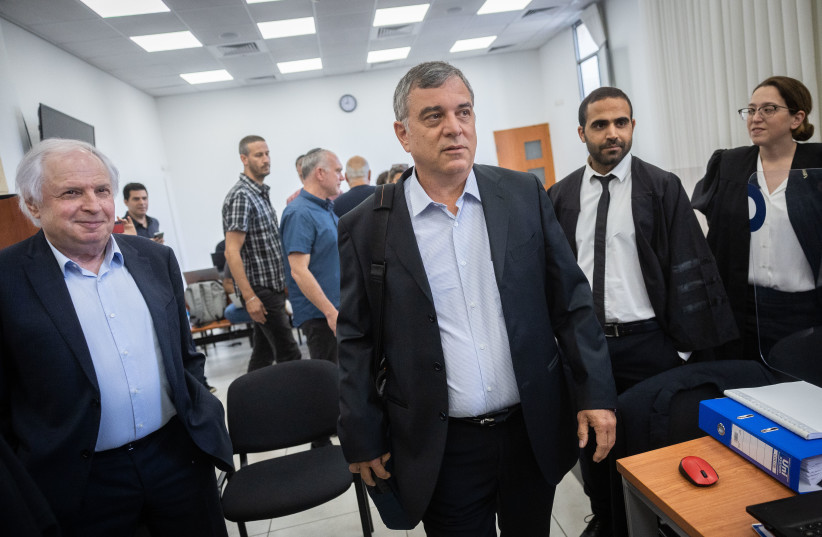Undoubtedly, one of the biggest victories for former prime minister Benjamin Netanyahu in his public corruption trial occurred when the prosecution amended its indictment against him on Sunday.
The prosecution suffered a major defeat when it admitted to the incorrect dating of the key meeting at the heart of the alleged media bribery scheme.
That doesn’t mean the case is over – or that Netanyahu is off the hook.
The question is what the judges will decide in light of the fact that the prosecution erred in such a dramatic fashion. One possibility, which Netanyahu likely hopes for, is that this critical error will cause the judges to question the rest of the prosecution’s narrative.
The truth is further muddled by starkly different accounts of what occurred during the meeting from top witness Shlomo Filber, who was part of the alleged meeting with Netanyahu.

The prosecution argues that this is the meeting where Netanyahu gave the set of three instructions that are at the crux of the Bezeq-Walla Affair.
The defense argues that Filber invented the meeting to secure an immunity deal from the police.
Pursuing their narrative, the defense has pointed out that Filber has changed certain aspects of the meeting, such as where Netanyahu was standing or sitting, the order in which Netanyahu mentioned certain subjects and whether Filber considered the instructions he was given to be motivated by corruption or good policy.
The prosecution insists that the true version of Filber’s narrative is the “Netanyahu was corrupt” variant, which he told police after he cut the immunity deal.
According to the prosecution, Filber lied to protect Netanyahu until he realized that only the truth would set him free.
The prosecution’s failure to assert the correct date could cause the judges to believe the defense’s version of events. However, if the judges believe that Netanyahu gave Filber corrupt orders at the meeting, they may consider the prosecution’s error irrelevant.
For its part, the prosecution has speculated that the meeting could have taken place at any time after Netanyahu fired Filber. Indeed, the court could rule that the exact date is not as important as the content of the meeting – if, in fact, it believes that the meeting occurred.
But the prosecution should not feel secure. Court cases, like many sporting events, are often about momentum.
Of course, the prosecution’s amended indictment hasn’t ended the trial, but it’s certainly cost it some of its momentum.
